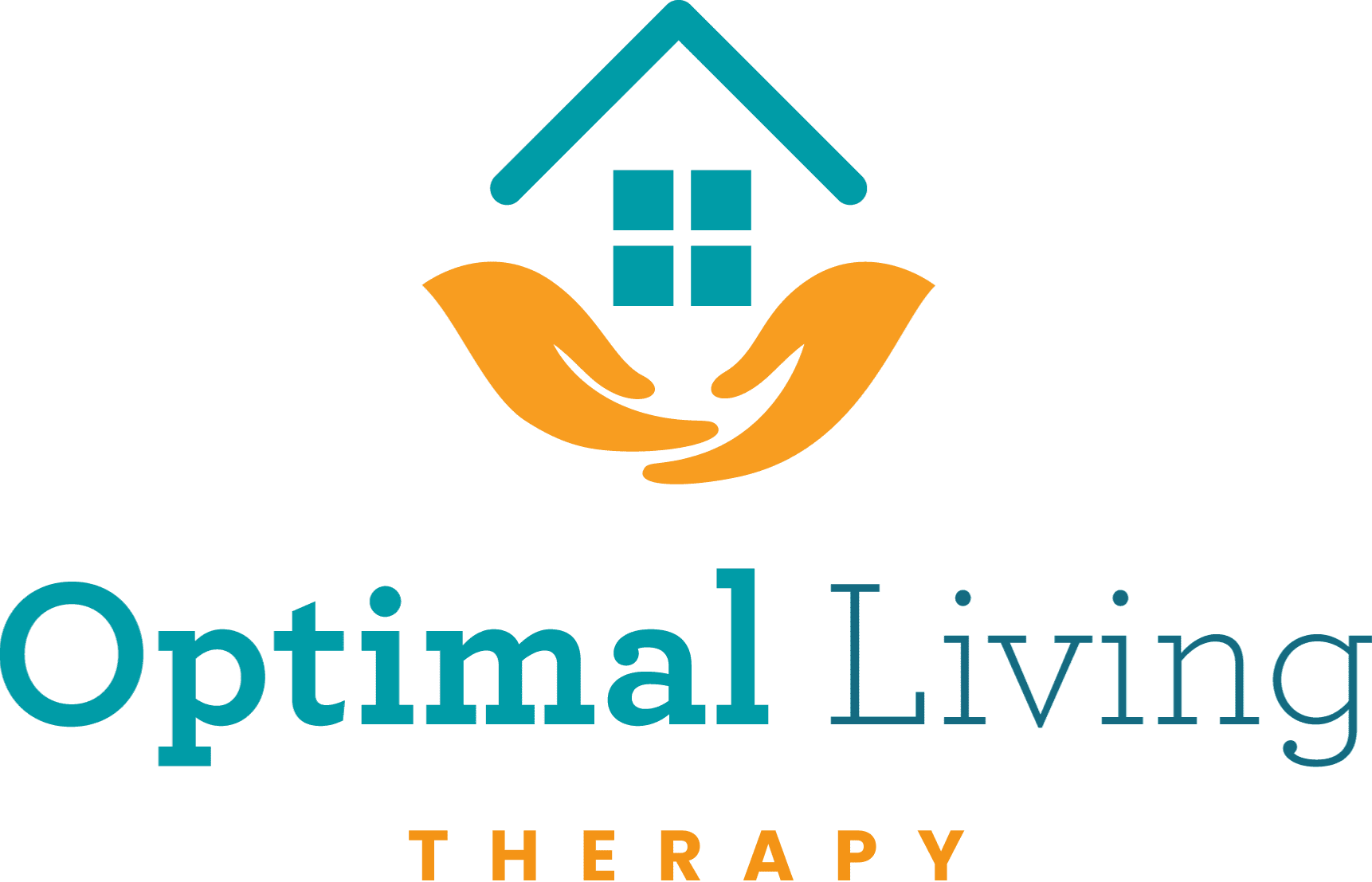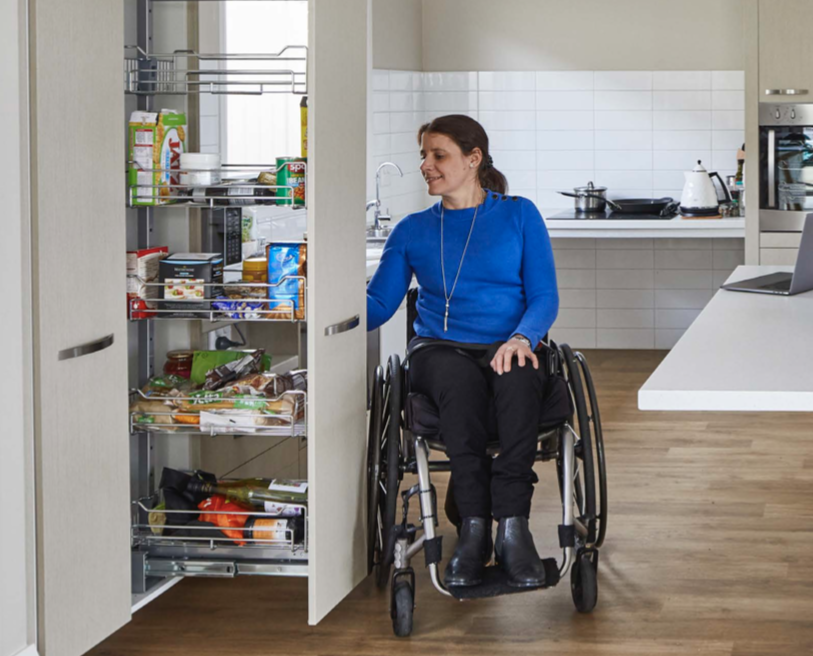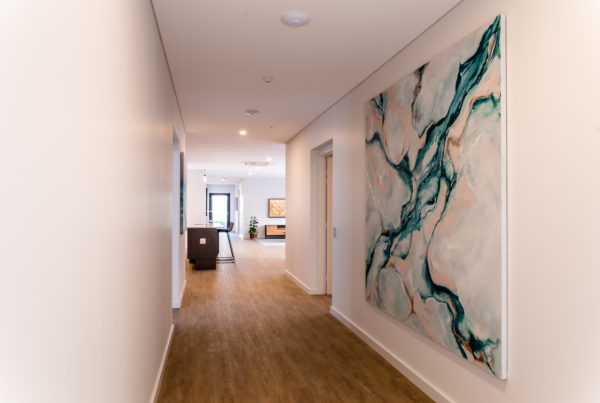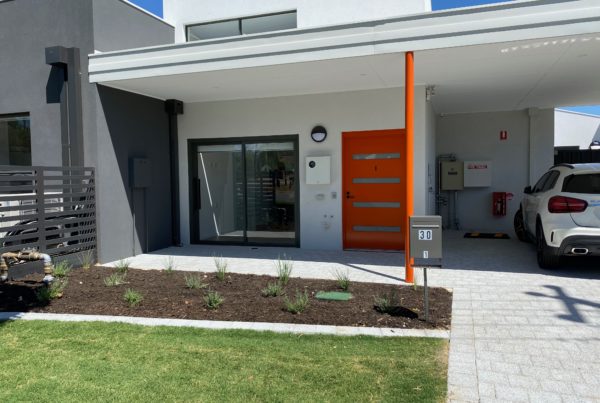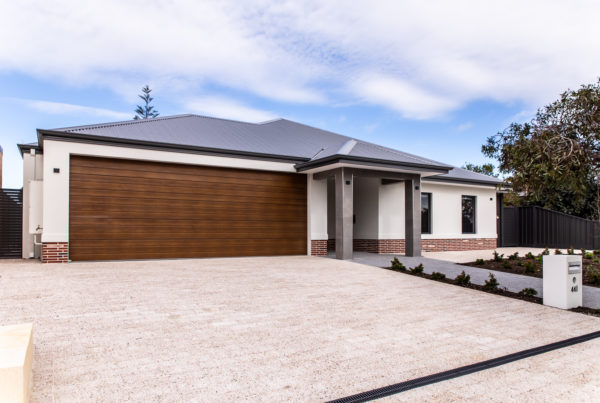The design elements of most Australian homes do not take into consideration people living with complex disabilities and the support they require to complete everyday tasks such as showering and getting in and out of bed. When a person lives in a typical home in Australia, they require increased levels of person-to-person support to help them everyday, preventing them from living as independently as they could and impacting their quality of life. This is where a Specialist Disability Accommodation (SDA) home offers a solution.
An Specialist Disability Accommodation home is a purpose-built housing option which has a significant number of design features intended to improve the accessibility and function of the home for people living with disabilities on a day-to-day basis.
SDA offers many benefits to participants, including:
- Often more contemporary models of living compared to historical disability housing options
- Reducing the need for person-to-person support through functional design and assistive technology capability
- Opportunity to share supports without necessarily having to share one’s home
- Separation of housing and support services
The SDA Operational Guidelines outlines details about SDA eligibility and funding as well as the different types of SDA homes and the process involved to find the right option for you.
In 2022, the NDIS released the updated SDA Operational Guidelines. We’re breaking down the major changes you need to be made aware of and how these effect NDIS participants seeking SDA housing:
- Any NDIS participants seeking sole occupancy SDA in clustered settings that enable some shared care will now be able to be assessed effectively for this by the NDIA. We are hopeful this will result in a greater number of participants being considered eligible for sole occupancy funding where this meets their needs and preferences. The parameters the Operational Guidelines outline are:
- you can use technology to call for assistance
- you need an average of at least 1.25 hours (daytime) and 1 hour (overnight) ad hoc supports, in addition to any extra rostered 1:1 hours
- you can usually wait up to 60 minutes for unplanned support without this becoming a risk to your safety and wellbeing
- you understand the risks of living alone.
Participants who require Specialist Disability Accommodation today will likely need it in the future. The NDIS has recognised this and now states that once SDA is added to a participant’s plan, they will not be required to prove they still meet the criteria at every plan reassessment.
Why is this important?
This provides greater certainty for existing participants and for the Specialist Disability Accommodation market. Generally, participants will not lose their SDA eligibility. In addition, participants living alone with shared on-site supports will be grandfathered. This will allow them to remain in-situ and not require a reassessment against new shared on-site supports suitability criteria, unless there are significant changes in their support needs in the future.
Any participants previously grandfathered into the Specialist Disability Accommodation scheme from ‘SDA-like’ State or Territory government housing lists will not lose SDA eligibility if they choose to move from their current setting. Although they will need to undergo testing for SDA funding, they will not need to prove their SDA eligibility. Instead, the reassessment will determine the correct Build Type, Location and Design Category for their needs.
We are pleased that the NDIS has updated the SDA Operational Guidelines to provide simple and clear information and guideline for NDIS participants and professionals who work in the industry.
Want to learn more about Specialist Disability Accommodation? Contact our expert team here. We would be happy to help. You can also find a range of SDA resources and articles on our website here.
